Bruce Nathan
Partner & Mike Papandrea, counsel, Lowenstein Sandler LLP
National Association of Credit Management
The “big” win: In a decision that helps balance Subchapter V’s pro-debtor provisions, the U.S. Court of Appeals for the Fifth Circuit recently held that the Bankruptcy Code’s exceptions to discharge apply to a corporate Subchapter V debtor with a nonconsensual plan (even though the exceptions do not apply to corporate debtors in “traditional” Chapter 11 cases). In doing so, the Fifth Circuit joined the only other Circuit-level court to address the issue (the U.S. Court of Appeals for the Fourth Circuit), bucking what appeared to be a growing trend among other, non-Circuit-level courts that have held the exceptions to discharge do not apply to corporate Subchapter V debtors.
Why it matters: Since its enactment in February 2020, Subchapter V of Chapter 11 has become a useful vehicle for small businesses that are looking to reorganize or otherwise address operational issues, liquidity issues, and/or excessive debt through insolvency proceedings. Congress enacted Subchapter V to make Chapter 11 more appealing for small businesses that were previously deterred from filing due to the costs and risks associated with the “traditional” Chapter 11 process. Subchapter V has been a massive hit among eligible debtors: in 2023, nearly half of all Chapter 11 filings were under Subchapter V.
There may be a drop-off in Subchapter V filings in the immediate future because the debt limit for filing Subchapter V bankruptcy is likely to revert to approximately $3 million today, June 21, 2024 (decreasing from the temporary $7.5 million limit set in 2020 due to the financial distress caused by the pandemic). However, the possibility always exists that Congress will revisit the debt limit in the future given the popularity of Subchapter V among debtors and bankruptcy professionals.
A deeper dive: Section 523(a) of the Bankruptcy Code lists numerous types of debt that may be excepted from the discharge granted to a debtor in bankruptcy. Section 523(a) states that a discharge under Chapter 7, Chapter 11, Subchapter V, Chapter 12, and Chapter 13 of the Bankruptcy Code “does not discharge an individual debtor from any debt” for, among other things, debts that arise from a fraud, misrepresentation, materially false financial statements, defalcation in a fiduciary capacity, embezzlement, or a willful and malicious injury by the debtor.
Courts have been split as to whether Section 523(a) applies to corporate debtors in small business Subchapter V cases. Although Section 523(a) specifically states that its exceptions only apply to “individual” debtors, Subchapter V’s discharge provision, Section 1192, does not draw any distinction between individual and corporate debtors. Instead, Section 1192 states that where a nonconsensual plan is confirmed, “a debtor” is not entitled to a discharge of any debt “of the kind” specified in Section 523(a).
The U.S. Court of Appeals for the Fourth Circuit issued a decision in June 2022, in Cantwell-Cleary Co., Inc. v. Cleary Packaging, LLC, holding that Section 523(a)’s exceptions to discharge apply to individual and corporate debtors. The Fourth Circuit relied on Section 1192’s broader language, further noting that Section 1192 is phrased virtually the same as Chapter 12’s discharge provision, which has been interpreted to apply Section 523(a)’s exceptions to discharge to both corporate and individual debtors. The Fourth Circuit also reasoned that Congress had intended Subchapter V’s small business provisions to generally apply to qualifying individual and corporate debtors alike, and Congress’ intent would be frustrated if the discharge exceptions applied to one but not the other.
In a win for creditors, the Fifth Circuit’s decision in Avion Funding, L.L.C. v. GFS Industries, L.L.C. helps balance Subchapter V’s pro-debtor provisions. The GFS Industries decision gives creditors another Circuit court opinion that sides with the Fourth Circuit’s holding that the exceptions to discharge apply to corporate debtors (where a nonconsensual plan is confirmed). As the Fifth Circuit noted, imposing section 523(a)’s exceptions to discharge on corporate Subchapter V debtors is a fair compromise in light of the benefits given to Subchapter V debtors relative to traditional Chapter 11 debtors.
Nonetheless, creditors should remain mindful of the various advantages that Subchapter V provides to debtors. For example, in Subchapter V: (i) the debtor maintains the exclusive right to file a plan, (ii) the debtor may extend payment of administrative expense claims (e.g., claims for goods sold on credit during the bankruptcy case) over the 3-5 year life of the plan, and (iii) the absolute priority rule is abrogated in that equity holders may retain their equity interests in the debtor even if unsecured creditors are not paid in full so long as the debtor contributes its “projected disposable income” to fund plan distributions over the life of the plan. The advantages for a Subchapter V debtor will have an impact on the overwhelming majority (if not all) Subchapter V cases. Therefore, it is critical that creditors monitor and vigorously protect their interests in Subchapter V cases just as they would in a traditional Chapter 11.
For more information about Subchapter V, keep an eye out for the July/August issue of Business Credit magazine and a special session at NACM Connect’s Fall Conferences, Reconnect Live.
Recent Posts
- Chapter 7 Essentials: Steps Every Credit Professional Should Take December 5, 2025
- The Great Disconnect November 13, 2025
- Credit Tightrope: Balancing Trust and Risk with Marginal Customers November 11, 2025
- What is American Business Dynamism and What has Happened to it? October 17, 2025
- Incoterms: The complications when using them with letters of credit October 13, 2025
- Expectations September 11, 2025











